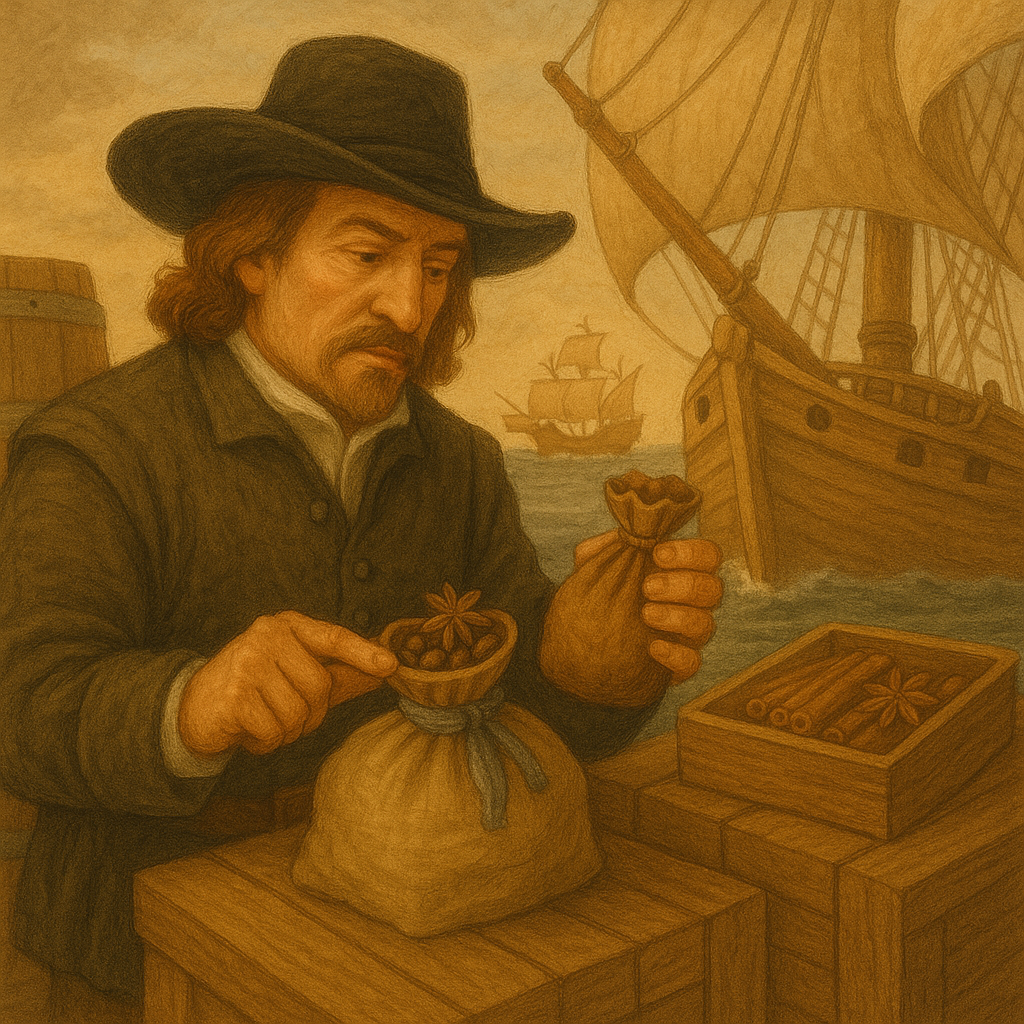Lesson 3: Origins of Capitalism (The Age of Exploration)
💰🌍 A New Economy
During the Age of Exploration, Europe got a new kind of economy. Countries like Spain, Portugal, England, and France wanted to grow richer and stronger.
They followed mercantilism. This meant:
Countries wanted more gold and silver 🪙.
They wanted to sell more goods than they bought (this is called a balance of trade).
They used colonies to get raw materials like sugar, cotton, and silver.
📖 Story: Imagine a Spanish ship filled with silver from the Americas. When it reached Spain, people were excited. They thought this silver would make them rich forever. But too much silver made prices go up — this was called inflation.
🚢🛒 New Trading Patterns
Exploration created new trade routes across the oceans.
Goods from the Americas, Africa, and Asia were traded all over Europe.
Ships moved in triangles: for example, Europe → Africa → Americas → Europe.
The trade was not always fair. It included the terrible slave trade, where Africans were taken to work on plantations in the Americas. 😔
📖 Story: A Dutch trader might sail to Asia to buy spices. Then he’d sell them in Europe for 100 times the price! He could become very rich — or lose everything if pirates attacked.
🏦🔁 Power Shifts in Europe
As trade grew, power in Europe started to change.
Northern European countries like the Netherlands and England became more powerful than Spain and Portugal.
Cities like Amsterdam and London became big trade centers.
Banks grew, and new ideas about credit and loans helped people start businesses.
📖 Story: In Amsterdam, merchants could store their money in a new thing called a bank. They didn’t have to carry coins everywhere anymore. It was safer and helped them grow their trade.
🏪📈 Market Economies
With all the new trade, a new idea started to grow: capitalism.
In capitalism, individuals (not kings) own businesses.
People try to make a profit by selling goods or services.
Prices depend on supply and demand: if something is rare, it costs more!
Some people didn’t like capitalism. They wanted socialism, where the government controls some businesses and makes sure everyone gets a fair share.
📖 Story: A woman in England starts baking sweet bread. Everyone loves it, so she sells more and opens a shop. She’s using capitalism — her own hard work gives her a better life.
